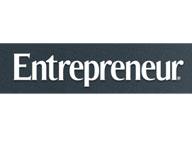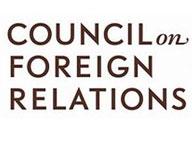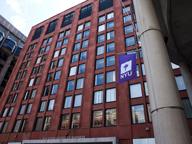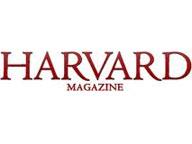Faculty News
—
Profs Jonathan Haidt and Dolly Chugh are named to Ethisphere's "100 Most Influential in Business Ethics" list
—

Excerpt from Ethisphere -- "Haidt is Founder and Director of Ethical Systems (www.ethicalsystems.org), a non-profit collaboration of researchers from America’s top business schools that pool their research insights to promote the ethical functioning of corporations. Haidt has also performed pioneering research that exerts a profound impact on the ethical functioning of companies... Through her research and teachings, Chugh has emerged as a passionate advocate for, and participant in, the education reform movement."
Faculty News
—

Excerpt from Ethisphere -- "Haidt is Founder and Director of Ethical Systems (www.ethicalsystems.org), a non-profit collaboration of researchers from America’s top business schools that pool their research insights to promote the ethical functioning of corporations. Haidt has also performed pioneering research that exerts a profound impact on the ethical functioning of companies... Through her research and teachings, Chugh has emerged as a passionate advocate for, and participant in, the education reform movement."

















